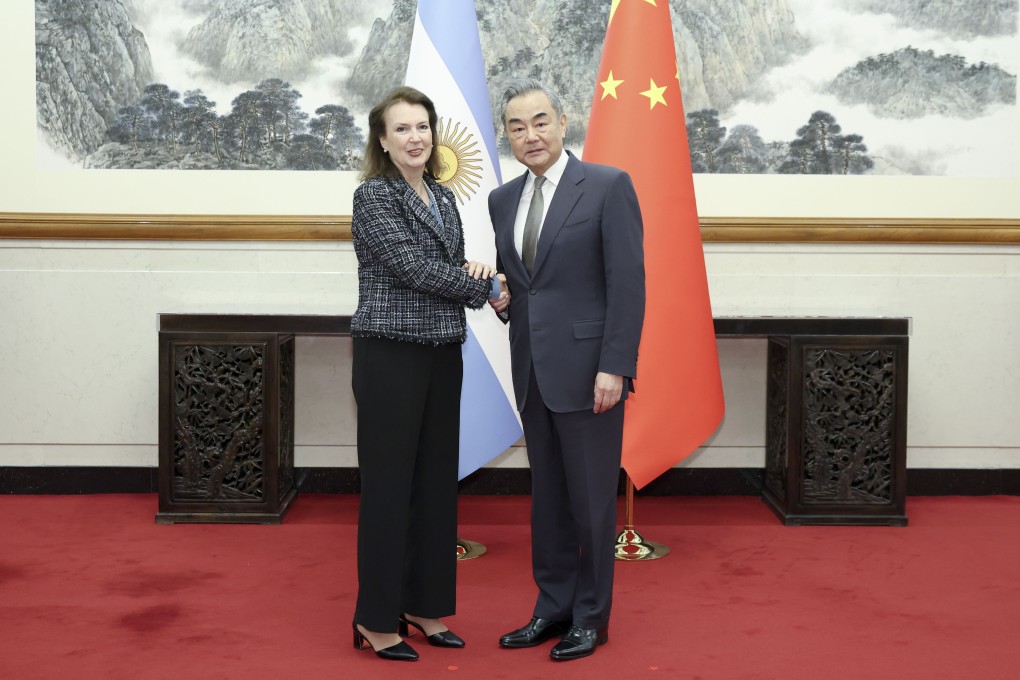Opinion | Why China should reassess its strategy in Argentina and Latin America
- No rational Argentinian politician would risk China’s substantial investments but US offers of free trade to Latin America and steelmaker complaints about cheap Chinese imports threaten to turn the tide

Milei has since moderated his stance, recognising the economic challenges facing Argentina. With dwindling foreign exchange reserves and the looming threat of a 10th sovereign debt default, the administration is under pressure. The International Monetary Fund is conducting its eighth review, with the release of US$800 million in loans contingent on improvements in Argentina’s fiscal and forex situation.
Including the frozen US$6.5 billion swap line, Argentina has US$18 billion agreed in currency swaps from China for this purpose. Last year, US$5 billion of this was used to cover imports but this is set to expire in June.
But, to Beijing, this financial outreach is at odds with Milei’s display of opposition to China politically, diplomatically, economically and on security issues.

